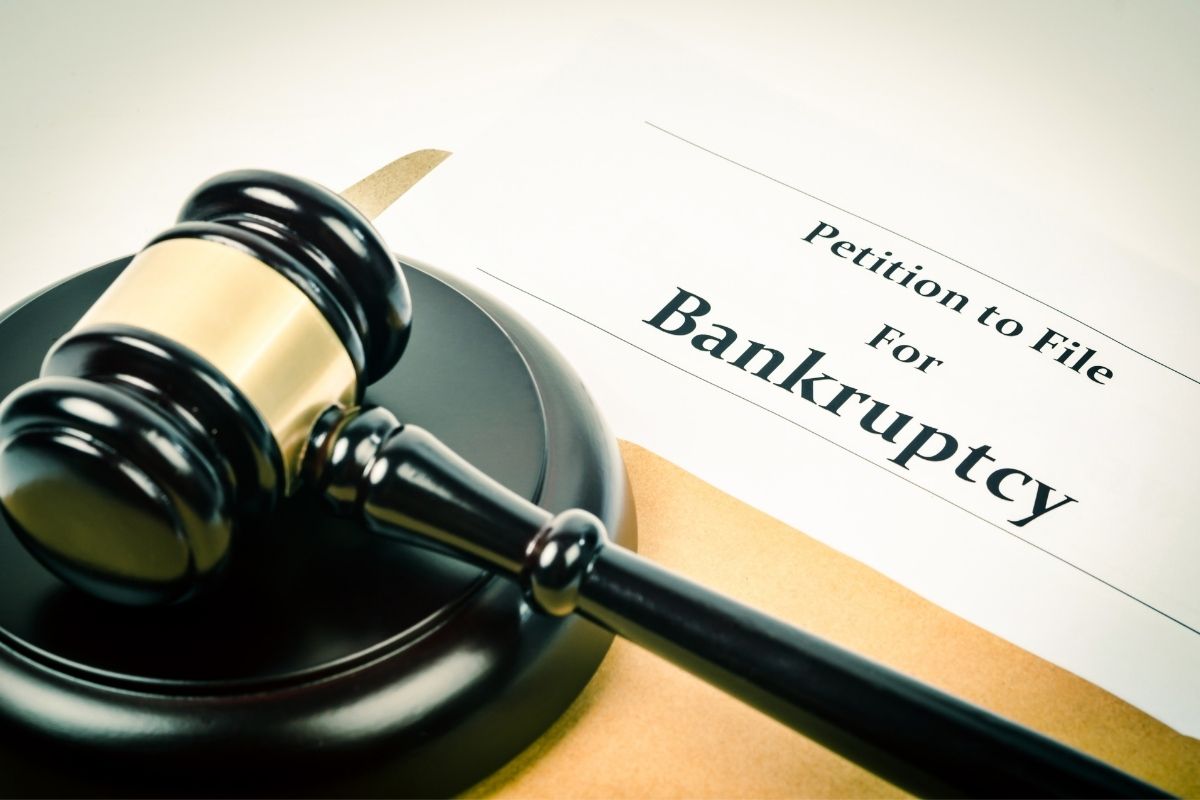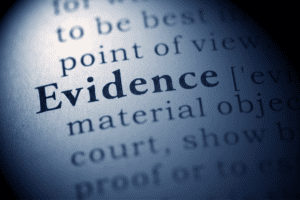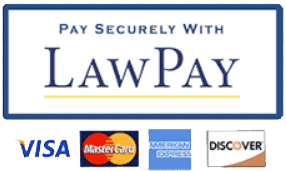Foreclosure, Power of sale and Bankruptcy: This article discusses what may happen if you default on your mortgage, and what options you may have.
Secured vs. Unsecured Debt
There are two types of debt in the world of credit: secured and unsecured debt. Unsecured debt is any debt where you do not have an asset as your collateral, such as a credit card. When you are in default of unsecured debt, your creditor may collect the debt directly through a civil litigation action or may send or sell your account to a collection agency, that will try and collect the debt. In a civil claim, if/when a judgment is obtained, the creditor may enforce the judgment by garnishing your wages, garnishing your bank account and/or seizing and selling your property, including your home.
Secured debts do have an item behind them (known as collateral) so that if you do not pay the creditor, they can seize and sell your property. A mortgage is a secured debt where your house acts as collateral and provides security to the lender in case of default. If you do not pay your mortgage, the lender has the power to recover your money by foreclosing on your home or seizing and selling your home pursuant to the power of sale.
Foreclosures
If you stop or are unable to make your mortgage payments, your lender can commence a civil litigation action against you and, if the court agrees, the lender can take over title to your property.
A foreclosure is the transfer of full ownership in a property to the lender. In a foreclosure process, the mortgagor (homeowner) gives up all rights to the property, including any equity value built up in the home. Once your lender forecloses on your property, they own it. The lender can do what they want with it, which may mean fixing it up, renting it out or selling it.
By the lender obtaining legal title to the property, this means that any profits from the sale go to the lender. However, foreclosure does not give the lender the right to sue for any shortfall. If the home sells for less than the mortgage balance owing, the lender will post a loss and cannot look to you to recover the difference.
Foreclosure is a lengthy and costly process. In the civil litigation claim, the lender will request a foreclosure order. If the Court determines that there a chance you can catch up, the court can issue a redemption order, which gives you a prescribed period of time to bring your mortgage into good standing (i.e., bring your payments up to date). Usually, the redemption period is 6 months, though this time can be extended or shortened upon request. You can stop the foreclosure proceedings if you get current with your mortgage payments or pay off the mortgage during the redemption period.
Foreclosures do not happen very often in Canada.
Power of Sale
In contrast, power of sale proceedings are quite common in Canada. In a power of sale, the lender goes to court to get permission to evict you from the property and then sell it. The lender does not own title to your home; instead, the court gives the lender the power to sell the property.
In a power of sale, if there is money left over after paying the mortgage and costs, it gets returned to the homeowner. Conversely, if there is a shortfall, the lender retains the right to sue the borrower in a power of sale for that shortfall.
Power of sale proceedings are started by the lender serving a Notice of Sale, which sets out the amount required and prescribed time in which to bring the mortgage into good standing. If the mortgage is not brought into good standing within the notice period, then the lender can commence the civil litigation proceedings. The lender will need to obtain a judgment for the balancing owing under the mortgage, an order to sell the property and a writ of possession to obtain legal possession of the property so that it may be sold.
Bankruptcy as a Preventive Measure
Bankruptcies do not deal with secured debts, so filing for bankruptcy will not itself stop a foreclosure order. However, a bankruptcy proceeding can work as a proactive decision to eliminate other problem debt and improve your cash flow so that you can redeem your mortgage during the redemption period.
Although there are rules that say that a secured lender cannot cancel your loan just because you’ve declared bankruptcy or filed a consumer proposal, you do have to deal with any non-exempt equity in your home in a bankruptcy proceeding. For example, in Ontario, if the equity in your home is above $10,000, you will have to arrange to pay the equivalent to your bankruptcy trustee if you want to keep your house. To make these payments more affordable, you can consider a consumer proposal as an alternative to bankruptcy.
In a bankruptcy, the difference between the mortgage balance and sale value, or shortfall, is an unsecured debt.
Bankruptcy: What Are Your Options
If you fall behind on your mortgage payments, here are some options that you can take:
- Ask for a payment deferral from your lender;
- Renegotiate your mortgage;
- Find a new lender;
- Sell your house yourself before the lender can foreclose or sell the house through power of sale;
- Speak to a bankruptcy trustee about filing for bankruptcy or filing a consumer proposal; or
- Walk away and let the lender take possession.
Before you take action to file for bankruptcy, speak to a civil litigation lawyer at Richardson Hall LLP about bankruptcy and your options on how to defend a civil litigation claim brought by your lender.






